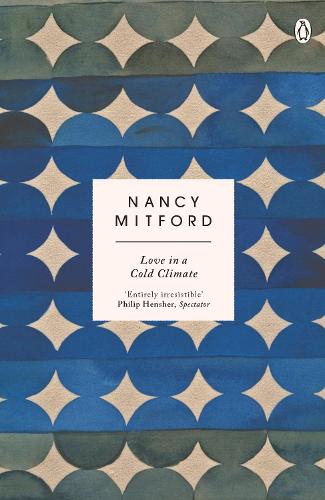

It's his death that precipitates the nervous breakdown that costs Tom his job, and Savannah, almost, her life.

There are enough traumas here to fall an average-sized mental ward, but the biggie centers around Luke, who uses the skills learned as a Navy SEAL in Vietnam to fight a guerrilla war against the installation of a nuclear power plant in Colleton and is killed by the authorities. Susan (a shrink with a lot of time on her hands) says to Tom, "Will you stay in New York and tell me all you know?" and he does, for nearly 600 mostly-bloated pages of flashbacks depicting The Family Wingo of swampy Colleton County: a beautiful mother, a brutal shrimper father (the Great Santini alive and kicking), and Tom and Savannah's much-admired older brother, Luke. Savannah, it turns out, is catatonic, and before the suicide attempt had completely assumed the identity of a dead friend-the implication being that she couldn't stand being a Wingo anymore. When he hears that his fierce, beautiful twin sister Savannah, a well-known New York poet, has once again attempted suicide, he escapes his present emasculation by flying north to meet Savannah's comely psychiatrist, Susan Lowenstein.

Tom Wingo is an unemployed South Carolinian football coach whose internist wife is having an affair with a pompous cardiac man. A portrait of an era, a class, a tradition which is always amusing and accomplished- but which lacks the engaging, endearing (presumably more popular) qualities of the first.Ī flabby, fervid melodrama of a high-strung Southern family from Conroy ( The Great Santini, The Lords of Discipline), whose penchant for overwriting once again obscures a genuine talent. It is Cedric, a cousin from Nova Scotia, imported as Polly's successor, who- though a nance- brings back warmth and splendor to the Montdores' lonely lives, accomplishes Lady Montdore's radiant rejuvenation. With the death of her aunt, Polly marries her uncle, a tired reprobate, is promptly disinherited by the irate Lady Montdore. Lady Montdore, with her gimlet eye toward the rest of the world and her aggrieved attitude towards Polly, is a redoubtable figure, while Polly, whose beauty does not conceal her indifference towards the men she should attract, is quietly hostile towards her mother's social and marital ambitions for her. As told by Fanny Logan, the most natural note in the narrative, this concerns several families of imposing bloodlines and often erratic eccentricity, particularly the Montdores whose only daughter Polly is Fanny's close friend. With less of the charm and debonair gaiety of Pursuit of Love, this approximates more closely social satire and is a delicately devastating portrait of the British aristocracy.


 0 kommentar(er)
0 kommentar(er)
